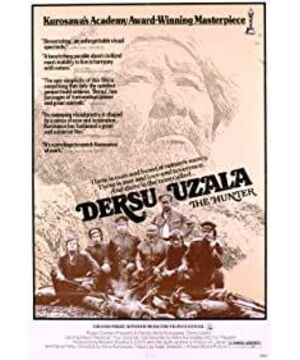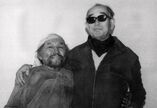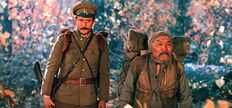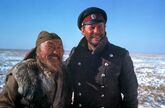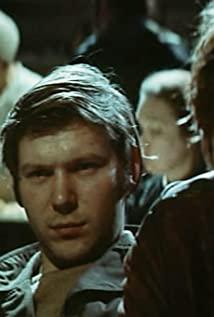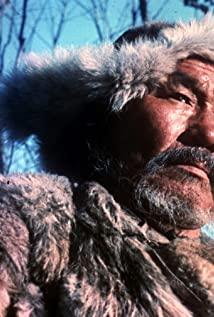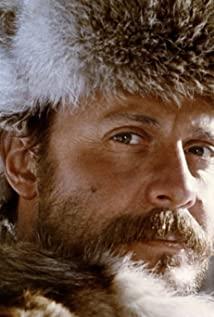Dersu Uzala background creation
-
Brooke 2022-03-18 09:01:05
[68min edit version] In Kurosawa Akira's works, it is at a low-middle level. The main plot is still around the old hunter Jersu Uzala and the expedition in the Ussuri Mountains. The old hunter is like The son of the forest, he respects nature and loves life. At the same time, he has a deep friendship with the captain Arseniev. He calls the tiger an Amba. According to the movie, this is a symbol of the aging people’s fear of the forest. In the end, there is nothing. Doubtfully did not adapt to city life, and eventually died in the forest, "the dust returns to the dust, the soil returns to the soil", which is probably the case. In addition, there is a description of the Chinese "Red Beard" in the film, which refers to the Chinese who robbed and raped at the border, which has a certain insulting nature.
-
Randi 2022-03-17 09:01:06
[B+] Kurosawa's co-production work under the Soviet political propaganda system. In terms of "politics," Akira Kurosawa seems to be doing his best to avoid propaganda in this regard, allowing more attention to the friendship between Del Su and Soviet officers, thinking about the delicate relationship between man and nature, and so on. Since there is not much room for play in drama creation and other aspects, this film seems to be more like an assessment and proof of Kurosawa's hard power. The strength of its lens layout and image element arrangement is still respectable.
Dersu Uzala quotes
-
[first lines]
Man in Horse-Drawn Cart: Looking for something?
Arsenev: Yes, a grave.
-
Dersu Uzala: My home nowhere. Small hut in mountains where I can sleep. That my home.


